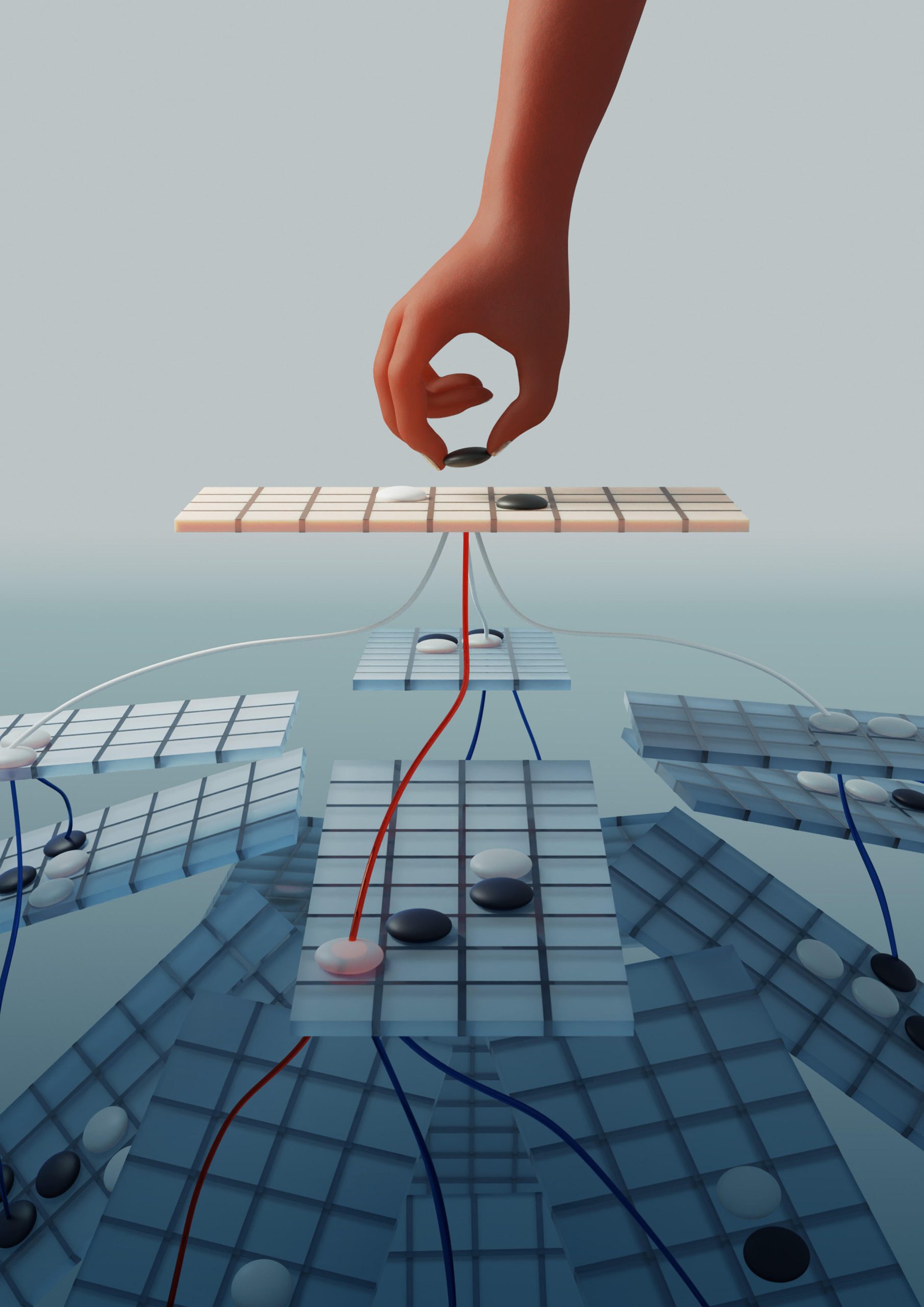Connect with us
Published
2 weeks agoon
By
admin
Cognitive scientists from New York University’s Center for Neural Science have developed a computational model to explore how practice influences planning depth in decision-making. This model suggests that even individuals without expert experience can enhance their ability to think several steps ahead with sufficient practice. Traditionally, chess grandmasters epitomize advanced forward-thinking skills, but this research indicates that others can improve their planning capacity through targeted activities.
The study, published in Nature, involved participants playing a complex version of tic-tac-toe, where they were required to plan multiple moves ahead. The researchers created an AI-based model that simulates the cognitive processes behind this strategic planning. Their findings demonstrated that players could recognize patterns and consequences more efficiently with experience, leading to enhanced planning skills.
By comparing human gameplay to model-generated moves, researchers showed that the model’s decisions closely mirrored those of real players, validating its effectiveness. The study highlights the potential of further research in understanding planning development across different age groups and real-life applications, suggesting that modest practice can yield significant improvements in cognitive planning abilities.


















